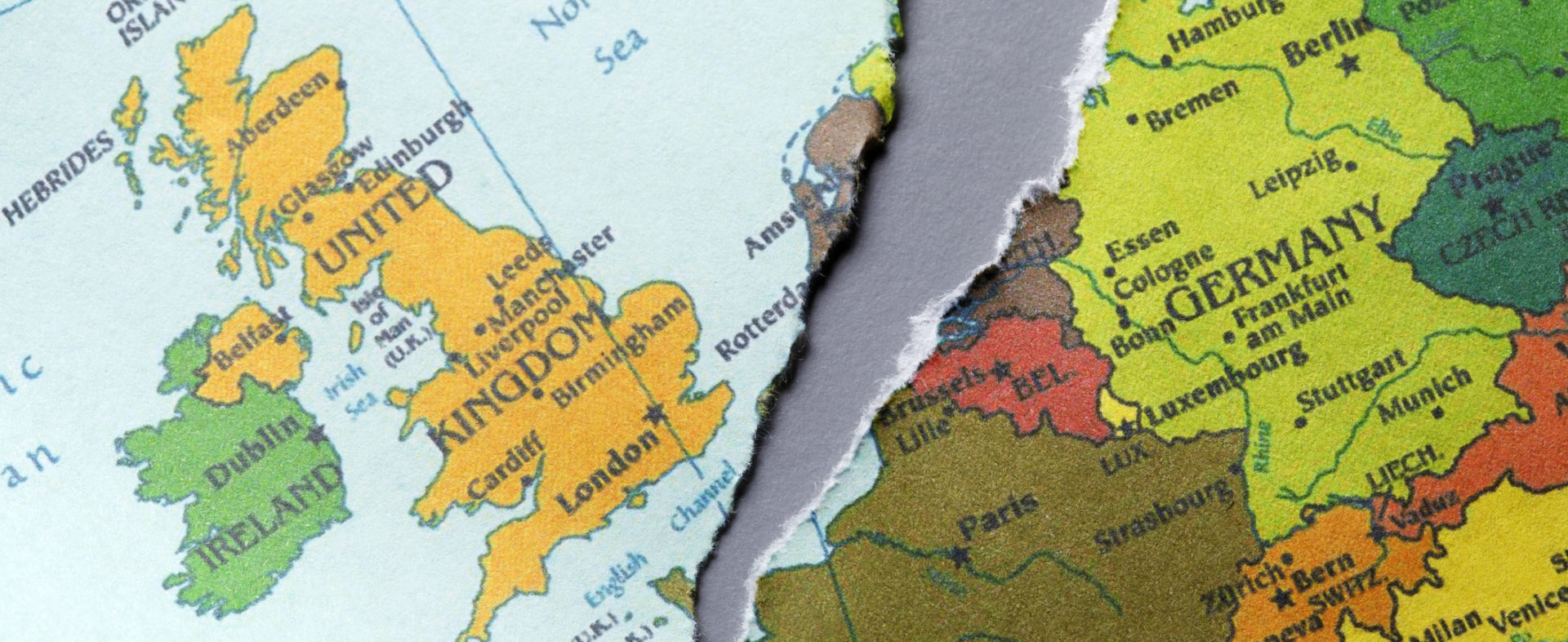As the summer winds to a close, the publication of the Government’s Brexit position papers has returned Brexit to the top of the agenda. These papers, designed to counter repeated EU accusations of a lack of detail from the UK’s negotiating team, proceed the latest round of talks in Brussels due to begin next week.
But what can we really expect from these talks? The key date on everyone’s mind is the EU summit due to begin on 18th October, which represents a potential turning point as the EU determine whether ‘sufficient progress’ has been made on the three key issues of exit. Only then will talks on the future UK-EU relationship begin, placing significant burden from the UK’s perspective on both this August round and September’s talks.
Given we have had two rounds to date with very little progress made, it is hard to see how substantive progress can be made without a significant climb down from either the UK or EU’s teams. The Prime Minister will be privately hoping to avoid a potential disaster at October’s summit, with genuine potential for it to cause irrevocable damage to her already fragile Parliamentary position, and cause further malaise amongst business. This is why we have seen such a flurry of action from DExEU.
As the UK published the latest tranche of position papers this week, and David Davis used every trick in the book to try and speed up talks on trade, the EU’s position was steadfast. First out of the blocks was Slovenian Prime Minister Miro Cerar, who politely suggested that trade talks would likely be delayed due to the lack of progress made on ‘difficult issues’ to date. Following the first of the position papers of the week, next came a European Commission spokesperson, who politely suggested Michel Barnier had been clear from the outset about their position on beginning trade talks. To cap off European reaction, Michel Barnier published a series of tweets on the EU’s own position papers and concluded by politely suggesting that it was ‘essential to make progress on citizens’ rights, settling accounts and Ireland’. It would be fair to say they could not be accused of ambiguity.
This returns us to next week’s talks. The EU has made clear what it wants, and the UK has so far been slow to move toward them, although these papers are seen in Brussels as the beginning of a softening of the UK’s position. Last week’s papers on customs and Northern Ireland were an attempt to set out a position ahead of talks, while the Prime Minister has previously presented an ‘official offer’ on citizens’ rights.
Even if both were received without much fanfare in Brussels, they at least represent a step the Government has yet been unwilling to take on the divorce bill. The Prime Minister’s spokesperson was quick to push back against a story in the Sunday Telegraph that stated a figure of £36bn was being considered, despite repeated calls from Brussels for any indication of what the UK sees as its obligations. The EU has appeared to run out of patience with this line, given that it was reported this week that officials would stall talks unless the UK presented more detail about what it sees as its financial obligations.
The reaction to the UK’s papers on customs and the Irish border was not as positive as London might have hoped, either. Many European officials have sought to remind the UK that frictionless trade will not be possible outside of the Customs Union, while the European Parliament’s lead Brexit rapporteur Guy Verhofstadt described the plans less diplomatically as a ‘fantasy’. The EU sees the UK as seeking to keep all of the benefits it currently receives, and not accepting that it has chosen a change of circumstance. Clearly, the success of the negotiations now rides on these problems being solved, which is a lot to ask from seven days of meetings in total.
Both sides privately concede that significant progress by October’s summit looks optimistic. What they will be hoping is that next week’s talks do not yield as little as in the previous round, given that the clock is ticking.

